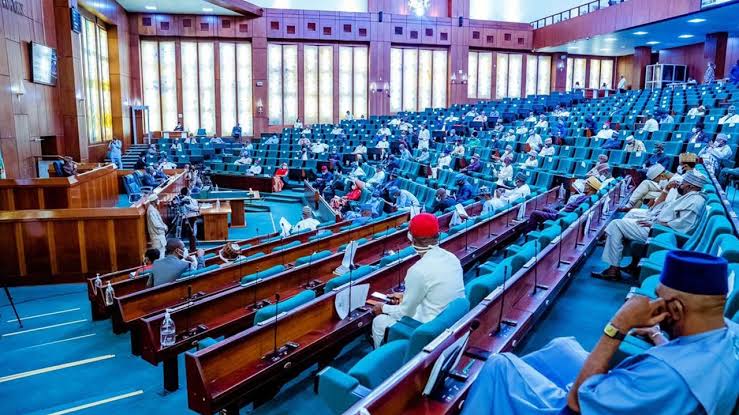The House of Representatives has said, it remained committed and resolute on reducing inequalities and enhancing the participation of all genders in socio-economic and political development of the country.
Speaker Abbas Tajudeen reiterated this commitment at the roundtable and signing of a Memorandum of Understanding (MoU) between United Nations, UN Women and Media Executives to escalate media intervention and provide a media platform to enhance gender equality and women’s empowerment in Nigeria in Abuja yesterday.
Represented by the chairman, House Committee on Women in Parliament, Hon. Fatima Talba (APC, Yobe), Abbas said part of the Green Chamber’s efforts in that regard was the re-introduction of the ‘Gender Equal Opportunities’ Bill which failed in the 9th Assembly as well as other critical legislations required to dismantle barriers to women’s economic and political inclusion.
He said the House has equally signed MoUs with various women advocacy groups including the Office of the United Nations Committee on Elimination of Discrimination Against Women (UN-CEDAW) to enhance legislations and other interventions on issues of women economic and political inclusion.
The speaker also noted that the bill to create special seats in the National Assembly and State Assemblies also passed second reading on the floor of the House on July 10, 2024.
“It is an honour to be with you today to celebrate the Significant milestone of signing a Memorandum of Understanding (MoU) between The United Nations Entity for Gender Equality and the Empowerment of Women (UN Women) and Media Executives.
“This partnership aims at providing media platforms to amplify and escalate media interventions in advancing women’s political participation and inclusion as we look ahead to the 2027 general elections.
“Politically, the current representation of women in Nigeria’s parliament is alarmingly low, standing at less than 5%. This situation is unacceptable and must change by the next electoral cycle.
“The media has a crucial role to play in not only highlighting the barriers to women inclusion but also in advancing these efforts, and in holding us accountable and providing insights into where progress is being made and where more effort is needed,” he added.
This was as different women groups at the event unanimously recommended that the National Assembly and the Executive arm of government should consider amendment of the Violence Against Persons (Prohibition) Act 2015 and not its repeal.
A Bill for an Act to Repeal the Violence Against Persons (Prohibition) Act 2015, and Enact the Violence Against Persons (Prohibition) Bill, 2024 seeking holistic reform of the law to be in line with the realities of societal change and drafting standards to effective dispensation of justice, is the currently before the National Assembly.
But in their resolution, read by media consultant to the UN Women, Moji Makanjuola, the women said: “The Nigerian women at a meeting convened on Abuja Continental Hotel today, September the 17th, 2024 recommend to the National Assembly and the Executive to consider an Amendment to VAP Bill not a repeal.”
In her opening remarks, the UN Women country representative to Nigeria and ECOWAS, Beatrice Eyong said globally, one in every 10 women lives in extreme poverty, and projections indicate that 342.4 million women and girls will not have moved out of extreme poverty by 2030 unless the current trends are shifted.











